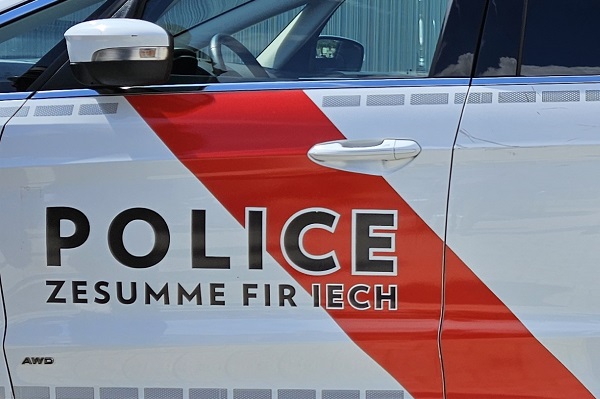 Credit: Chronicle.lu
Credit: Chronicle.lu
On Wednesday 8 January 2025, Luxembourg’s General Inspectorate of the Police (IGP) presented the report of the study on the collaboration between police officers and municipal agents, to the Internal Affairs Committee in the Chamber of Deputies (parliament).
The report reveals that the collaboration between municipal agents and police officers, although essential for public safety, is a complex and sometimes fragmented landscape.
Historically, the evolution of the various actors in the policing field, such as the municipal police, the gendarmerie, rural guards and municipal agents, does not seem to have led to real collaboration between them.
Although today the missions of police officers and municipal agents overlap in certain areas, a formal framework for cooperation is lacking. While the respective missions of the two parties are theoretically complementary, the reality of their cooperation is largely marked by a lack of formalisation. The regulatory framework concerning this collaboration remains poorly developed, leaving room for areas of uncertainty that complicate the implementation of effective cooperation.
Analysis of practices in the field reveals shortcomings in terms of training for municipal and police agents, in particular the absence of specific training focused on their collaboration. This lack of training can lead to a lack of understanding of each other's roles and responsibilities, harming the effectiveness of joint interventions. For example, although parking, stopping and parking missions are areas where cooperation is in place on an ad hoc basis, it remains limited for the time being.
The report goes on to highlight that many municipal agents, as well as police officers, would like to see the skills of municipal agents expanded. They propose in particular that the latter be able to adopt the entire process of towing obstructing or abandoned vehicles, which would unburden the police of this responsibility.
In relation to the law of 27 July 2022, which aims to confer new responsibilities on municipal agents, the report details how this law comes up against limitations which restrict its effectiveness. The current powers of municipal agents are sometimes considered insufficient to meet the challenges they face, particularly in situations where an offender refuses to identify himself. Furthermore, the application of special laws is proving difficult due to training that is deemed inadequate. This situation reinforces the need for an evaluation of the law of 27 July 2022, planned for 2026, in order to adjust the skills devolved to municipal agents so as to enable them to fully carry out their missions.
In relation to local services, collaboration with the police is often ad hoc, limited to targeted actions such as surveillance around schools. Mixed patrols, although often desired by municipal officers, remain rare. The police consider them to be of little use, and their implementation is hampered by concerns over security, training and a lack of staff. The local (municipal) police project, which could strengthen this cooperation in terms of prevention and awareness-raising, is well received, according to the report, but raises reservations, in particular regarding the mayors’ power to direct patrols, as proposed in the government programme, as well as regarding the implementation of the local police at a national level.
In general, communication and coordination between municipal agents and police officers, although positively assessed in certain contexts, such as the cancellation of fines or during large-scale demonstrations, must be systematised to allow for better management of joint interventions.
The report concludes that, although collaboration between municipal agents and Police forces presents many challenges, it also holds significant potential to improve public safety. By building on the good practices identified, clarifying regulatory frameworks, strengthening training, by establishing regular communication mechanisms and clarifying the roles of the different actors, it should be possible to ensure a coordinated and effective response to security issues. Thus, collaboration between the Police and municipal agents can be strengthened, in line with the objectives of the government programme.








